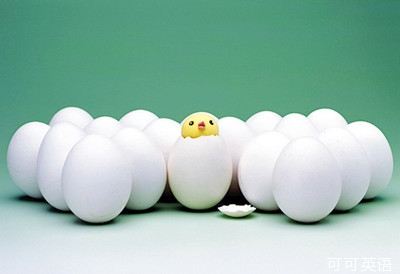
When we're confused by something—say with a movie plot or calculus—we tend to feel uncomfortable, frustrated. But maybe we should embrace the confusion. Because a new study finds that confusion can lead to better learning.
当我们对某些事物,例如某个电影的情节或者微积分感到困惑时,往往让人们觉得不舒服,沮丧。也许我们应该迎接困惑。因为一项新的研究发现困惑能引导人们更好地学习。
Scientists set up a situation where they purposely confused subjects during a pretend learning session.
科学家们设定了一个情景——故意让受试者对假设的课程产生困惑。
The subjects watched an animated tutor and student discuss possible flaws in a scientific study. The researchers had the animated tutor and student disagree with each other on specific flaws. But to set up a really confusing situation for one group of subjects they also had the pretend tutor and student make incorrect or contradictory statements about the study. Then the subjects had to decide which of the two opinions had more scientific merit.
让受试者观看一场生动的、在老师和学生之间展开的生动的讨论,讨论主题为一项科学研究的缺陷。研究人员让老师和学生就某个具体的缺陷产生意见分歧。但为了让其中一组受试者真正感到困惑,研究人员还得让老师和学生对研究进行错误的或者自相矛盾的陈述。然后由受试者决定哪一方的观点更具有科学价值。
Subjects who were forced to deal with the incorrect and contradictory statements did significantly better on later tests where they had to spot flaws in studies, as opposed to those subjects who only faced the disagreements between the animated tutor and student. The study will be published in the journal Learning and Instruction.
其中一组受试者只需要面对老师和学生的意见分歧,与之相反,另一组还需要面对错误、矛盾的陈述,很明显在后续试验中指出研究里错误的地方时,后者比前者表现得更好。这项研究将会发表在《学习与教学》杂志上。
Researchers note that confusion motivates us to work harder to understand, and so we gain a deeper and more comprehensive knowledge of a subject.
研究人员指出困惑能激发人们的斗志,让他们为了弄明白某事物而努力学习,这样人们才能对一门学科有更深刻,更全面的认识。


